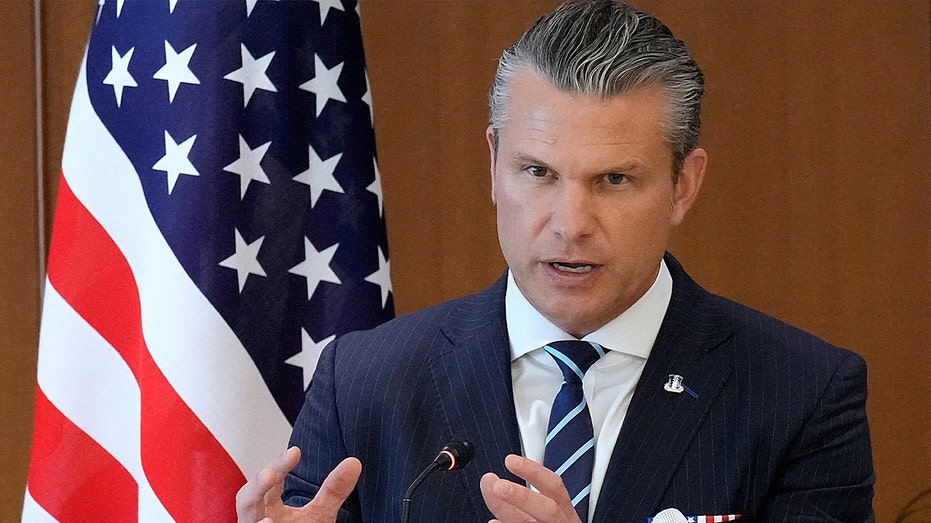A stark directive emerged from the previous administration, questioning the very foundation of a broadcasting service aimed at Hungary. The core argument, laid out in an official letter, asserted that continued funding for “Szabad Europa” – a program within Radio Free Europe/Radio Liberty – no longer served U.S. national interests.
The reasoning was blunt: the program had actively challenged the policies of a foreign leader, Viktor Orban, the democratically elected Prime Minister of Hungary. Officials maintained that Hungary was a vital ally, a steadfast member of NATO, and deserved support, not opposition, from U.S.-funded media.
This decision was part of a larger effort to overhaul the agency responsible for these broadcasts, a sweeping attempt to eliminate perceived bias and what was described as “left-wing globalist propaganda.” The aim was to ensure taxpayer dollars weren’t used to undermine friendly governments.

The move to dismantle the Hungarian-language service ignited immediate political friction. Testimony before the House Foreign Affairs Committee earlier in the year had already revealed deep divisions, with one congresswoman openly labeling Prime Minister Orban a “dictator” during a heated exchange.
The debate underscored a fundamental disagreement about the role of U.S. broadcasting abroad. Was it to champion universal values, even if it meant criticizing allies? Or should it prioritize maintaining strong relationships, even if it meant avoiding critical coverage?
Following the announcement, a prominent voice publicly defended the Hungarian leader. She stated that Prime Minister Orban was legitimately chosen by the Hungarian people and represented a crucial ally for the United States, actively contributing to regional stability.
She further argued that American citizens shouldn’t be forced to finance broadcasts designed to advance a particular political agenda, especially one that appeared to destabilize a key partner in Europe. She emphasized Orban’s alignment with previous U.S. leadership in pursuing peace initiatives.
The letter outlining these changes was directly addressed to key members of Congress, including those overseeing appropriations and foreign relations. It signaled a clear intention to reshape the landscape of U.S. international broadcasting and redefine its priorities.





